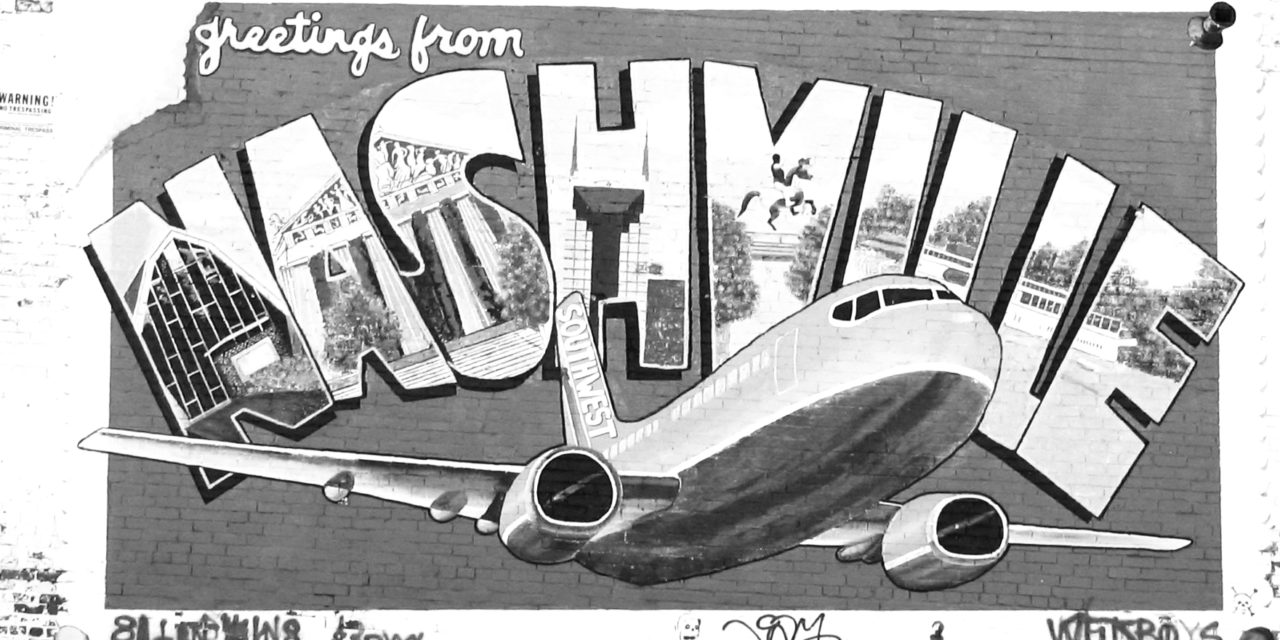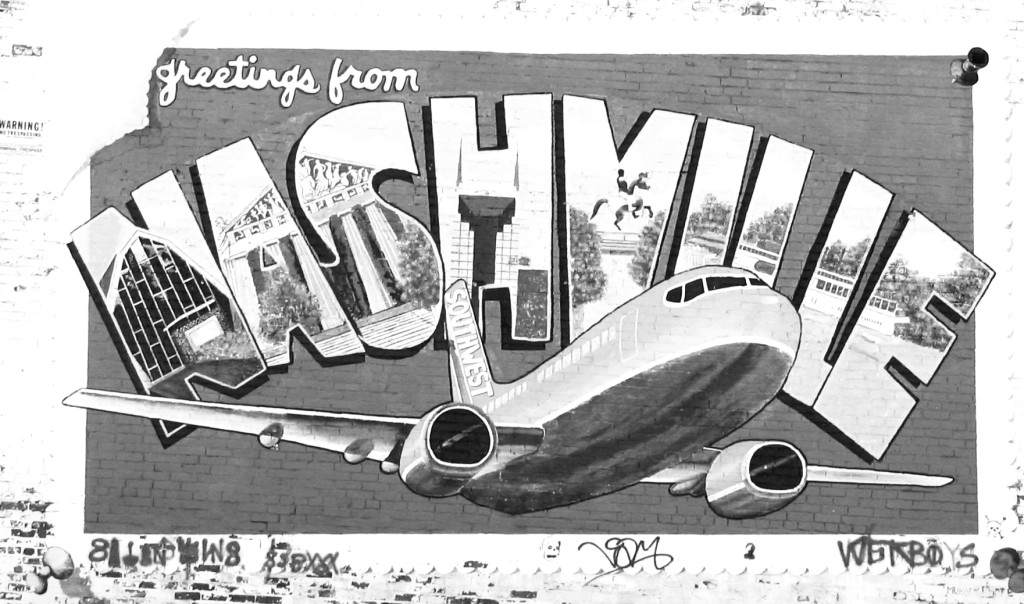Locally-based travelers in Atlanta often harbor a love-hate relationship with the airport in town. Airports Council International (ACI) recently released its 2014 data, and for the 17th consecutive year, our airport down south — Hartsfield-Jackson Atlanta International Airport — was ranked as the world’s busiest, supporting slightly over 96 million passengers during the year. The airport’s vibrancy serves as a double-edged sword for locals: on the one hand, fliers can easily reach nearly any destination in the world, but on the other hand, they must also bear the inescapably long lines and congestion.
Many assume that Delta Air Lines, headquartered in Atlanta, individually drives the airport’s hegemony within the airline industry, and to some extent, it does. Hartsfield-Jackson represents the largest hub for one of the world’s largest airlines, and Delta owns a dominating portion — about 75 percent — of the airport’s market share. But other airlines strongly influence the airport and the region as well. In fact, Atlanta serves as an interesting case study, with its airport nicely reflecting the trends initiated back in 1978 with the Airline Deregulation Act. Hartsfield-Jackson functions as a neat microcosm of the cascading effects of deregulation across the nation.
Before 1978, the federal government largely dictated the routes airlines could fly, with a series of legacy carriers each owning a comfortable slice of the domestic market. However, the government, encouraged largely by economist Alfred E. Kahn (considered the “father of deregulation”), opened a more competitive marketplace with the Airline Deregulation Act, removing most restrictions and allowing multiple suitors to vie for traffic on each route. This triggered a wave of effects, some designed and some perhaps unintentional. Deregulation ultimately contributed to the emergence of a three-tiered airline classification system domestically, and Atlanta manifests these trends perfectly.
First and foremost, deregulation shifted the axis of competition from passenger experience to price. Without many pre-deregulatory threats, airlines could largely tailor their focus to making flying as comfortable as possible for the consumer (regardless of the associated costs of doing so), leading to skies characterized by glamour and luxury. However, inundated with a series of competitors, airlines mainly began to compete on the basis of price after deregulation, resulting in lower fares and more choice, as intended by the law’s proponents.
Many cite Southwest Airlines, which conveniently debuted in Atlanta in 2012, as a quintessential example. Southwest, which champions itself as a low-cost and culture-laden airline, traces its roots back to deregulation, when it gained the autonomy to fly beyond its home state of Texas. Southwest engaged in the price-minimizing war by employing a strategy of maximizing aircraft and employee efficiency, flying only one aircraft type (Boeing 737) and favoring less congested secondary airports (which helps control delays) over the nation’s busiest airports. The relaxation of federal control bolstered Southwest’s ability to compete nationally, and today it serves Atlanta as the airport’s second largest tenant — good news for consumers.
Lower airfares for consumers also translates into less revenue for airlines. Today, even in an age of relative prosperity within the industry, airlines compete on razor-thin profit margins. Legacy carriers like Delta try to create economies of scale as a tool for minimizing costs, concentrating the bulk of their flights to a few fortress hubs. Hartsfield-Jackson mirrors this trend well, handling a significant amount of connecting traffic as well as local passengers.
Delta itself reflects a major (if delayed) effect triggered by deregulation: widespread consolidation following 9/11, the biggest disaster to plague the industry. Already teetering on thin ice before two hijacked airlines downed the Twin Towers, domestic carriers endured financial crises as demand rapidly dipped. Fiscal instability generated a wave of mergers, culling the pool of competitors domestically. In 2008, Delta and Northwest Airlines officially merged; with the United-Continental and American-US Airways pacts, three legacy airlines mainly dominate the skies today, mirrored locally by Delta’s commanding control of Hartsfield-Jackson.
Merger activity injected necessary stability into the airline industry, but left a competitive hole. The trimming away of legacy airlines ushered in a new yet long-coming industry fad: the ultra-low-cost carrier (ULCC). Whereas Southwest, generally considered a “hybrid” carrier, exemplifies a mix of price consciousness and vibrant service, ULCCs represent the extreme of the movement to price-based competition. Emphasizing the strategy of unbundling — the stripping away of practically all features associated with an airline ticket except for the the seat itself (and not even a pre-assigned one, unless you wish to pay extra, of course) — these airlines target the heavily budget-conscious flier by promoting the lowest possible base fare. They seek to spur new demand for flying by capturing people who might otherwise not travel or travel via alternative means, making travel more available to all — an obviously desired outcome of deregulation.
Spirit and Frontier Airlines represent two of the most notable ULCCs, and both have ramped up their Atlanta service recently, asserting their respective voices at Hartsfield-Jackson. With their entrance to and aggressive pursuit of Atlanta travelers, combined with Southwest’s footprint, Hartsfield-Jackson, most commonly known as a Delta powerhouse, supports all three rings within the airline industry: full service carriers, hybrid/low-cost carriers and ULCCs. This three-tiered airline structure represents the culmination of deregulation, and the presence of each segment, in domestically-representative proportions, in Atlanta optimizes the benefits that air travel offers to the area. Fliers locally benefit from both ends of the spectrum, with an ample variety of nonstop routes (many of which are supported by Delta) and pricing pressure introduced by discount carriers.
For the consumer, all this means more choice and more rigorous competition. Kahn and other supporters of the Airline Deregulation Act would be proud of what has transpired decades later in Atlanta.
Alex McIntyre is a College freshman from Dallas, Texas.





